Love Alone Can Make the Fallen Angel Rise: The Linda Darnell Centennial Blogathon
I have mixed feelings about Fallen Angel, a 20th Century Fox noir released in 1945 and directed by Otto Preminger. The story centers on Eric Stanton (Dana Andrews) a down-on-his-luck slickster who winds up in a small California town where he falls for Stella (Linda Darnell), an alluring waitress at a local diner. He also becomes involved with June Mills (Alice Faye), a straitlaced, well-to-do pillar of the town, with plans to use his relationship with one to secure a future with the other. But when one of the women winds up dead, Stranton finds himself as the primary suspect.
(SPOILER ALERT . . . watch your step in the next paragraph . . .)
As noirs go, it’s compelling enough, with a passable story and memorable performances. The problem is that the woman who is killed is Linda Darnell’s character, and once she exits the film . . . well, I just don’t care anymore.
But let’s not dwell on that. The film opens with Stanton’s arrival in town (he’s actually kicked off the Greynound bus he’s riding on because he doesn’t have the fare to take him to San Francisco); he winds up in a diner where several men are gathered – Pop (Percy Kilbride), the owner of the establishment; Mark Judd (Charles Bickford), a former New York cop who has ostensibly relocated for his health; jukebox salesman Dave Atkins (Bruce Cabot); and local police officer Gus Johnson (Hal Taliaferro). The men are discussing the diner’s waitress, Stella, who has been missing for three days. Pop is explaining to the officer why he waited so long to report her disappearance (“I didn’t want it to get around. People talk,” he explains. “Stella’s a good girl. Really, she is.”). And Judd is calmly sipping his coffee and offering his opinion that Stella will return.
Lucky for us, Judd is right – Stella makes her entrance just minutes later, and we collectively buckle up for a bumpy experience. For a while, at least.
Here are seven things you need to know about Stella – who, by the way, has no last name.
1. She doesn’t give a damn about you or anybody else. Except herself. We see this in her first scene. We already know that she’s been “missing” for three days – a fact that has caused great consternation in Pop, who’s afraid that she may even have committed suicide. But as asserted by Judd, “Stella’s not the type.” And when she enters the diner, she sullenly plops down into a nearby chair, removes a shoe, and begins massaging her foot – no greeting, no apology, no nothing. Judd quickly appears at her side, telling her he knew she’d be back, and Stella gives him a withering look. “Okay,” she says flatly. “I’m back.” And the hits just keep on coming. Pop unwisely mentions the man that Stella ran off with, and she responds, “You make me sick.” She then insists that Stanton pay for his coffee – even though she’s in the process of eating the hamburger that he ordered. “He got his coffee,” Stella remarks. “Let him pay for it.” But don’t let this gesture fool you – Stella’s not a bit concerned about Pop’s financial bottom line. In fact, a few days later, when no one’s looking, she changes the total on one of the diner receipts, then opens the cash register and pockets the difference. I suspect that this is neither the first nor the last time she’s made this kind of transaction.
2. She’s no debutante. Her mother runs a boardinghouse in San Diego and her father “came from a long line of drunks.”
3. She knows what she wants. During her first date with Stanton, she calls an abrupt halt to their brief make-out session, telling him, “That’s okay for kids, but not for me. Not anymore.” Stanton tries another approach, smooth-talking Stella with dreams of taking her to New York, wining and dining her at the Stork Club and 21, smothering her in mink. But Stella has other plans. “Do you see me with a ring on my finger?” she asks. “Somebody to give me a home?” Stanton brushes off this image, certain that his suave delivery and passionate embraces will change her mind, but he learns that he is sorely mistaken. “You talk different, sure – but you drive just like the rest,” Stella informs him. “Well, you’ve got the wrong girl.”
4. She’s a bombshell and she knows it. Like Crystal Allen in The Women, Stella has those eyes that run up and down a man like a searchlight – and believe me, she’s never lacking in companionship. When Eric asks her if she’d like to attend the “spook meeting” he’s promoting and hands her a ticket, she looks at it like it’s covered with cooties: “I don’t go places alone.”
5. She has scruples. A mere smidgen of scruples, but scruples nonetheless. There’s a scene where Stanton takes June to a local dance hall and spots Stella there with Dave, the jukebox salesman. Eric whispers to Stella to dump Dave and meet him later, to which she replies, “I don’t cheat on a date.”
6. She’s a pragmatic, clear-eyed realist. It doesn’t take Eric long to fall for her and ask her to leave town with him. Stella’s response is swift and not a bit sugar-coated: “What on?” she asks. “You got into town with one dollar in your pocket.” And this won’t be the first time Stella brings up Stanton’s lack of funds. She has the same reaction the following night when Stanton’s offer takes the leap from proposition to proposal. But even after he assures her that he can get his hands on $12,500 in cash, she’s filled with skepticism – how’s he going to get the money? Murder? Theft? “Maybe you’ll get me in trouble,” she says. “I don’t want to get in trouble.”
7. She’s hard-boiled. When Eric tells her he waited for her outside her apartment until after 3 a.m., she answers in a bored tone, “That’s nice.” And when he asks where she was, she replies, “Around.” He then asks her where she got the new watch she’s wearing. “Wait ‘til we married and then ask me,” Stella responds. “‘Til then, I don’t have to tell you a thing.” In case you hadn’t guessed, Stella is no pushover. Eric not only overestimates his charms, but he underestimates Stella’s will, telling her that she can only go out with him, and insisting that they’re “as good as married.” She actually laughs at that one. And later, when he admits that his financial scheme has fallen through, and he asks her to have faith in his ability to get the money some other way? She slams the door in his face. Literally.
More Fallen Angel Stuff
The film was based on the novel of the same name by Marty Holland, whose birth name was Mary Hauenstein. The novel was banned in Ireland because of “indecency or obscenity.” Holland also wrote the unpublished story that was the basis of the 1950 Barbara Stanwyck starrer, The File on Thelma Jordon.
Don’t blink or you might miss a glimpse of Adele Jergens, who would later enjoy significant roles in noirs like The Dark Past (1948) and Armored Car Robbery (1950). She’s in the scene that depicts the “spook meeting,” seated in the audience behind Stella and Pop, and right next to Stanton.
We learn in an early scene that Stella loves to listen to the diner’s jukebox – but there’s only one song she ever wants to hear: “Slowly.” The song was written for the film by David Raksin and Kermit Goell and sung by crooner Dick Haymes. Incidentally, Raksin was the composer of the theme for the film noir Laura, released the year before.
Alice Faye’s part as June Mills was originally more substantial, but 20th Century Fox head Darryl F. Zanuck reportedly ordered cuts to it and, instead, built up the part of up-and-comer Darnell. One of the many scenes that were cut was one of June singing “Slowly.” It’s said that when Faye saw the final cut of the film, she left her dressing room keys with a security guard, drove off the Fox lot, and declared that she would never return to the studio where she’d been under contract for 10 years. It would be her last big role as a major film star and she wouldn’t be back on screen until 1962, when she returned to 20th Century Fox for the remake of State Fair.
~ ~ ~ ~ ~ ~ ~ ~ ~ ~ ~ ~ ~ ~ ~ ~
If you’ve never seen Linda Darnell in Fallen Angel, you’re in for a treat – you can find it on YouTube and, as of this writing, it’s also screening on the Criterion Channel as part of the Linda Darnell collection. And if you’re already a fan, do yourself a solid and check her out again. You only owe it to yourself.
This post is part of the Linda Darnell Centennial Blogathon, commemorating what would have been the star’s 100th birthday. Click here to check out the fabulous posts written in celebration of one fabulous actress.












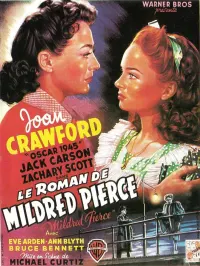




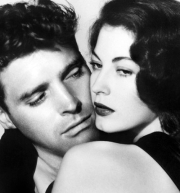
















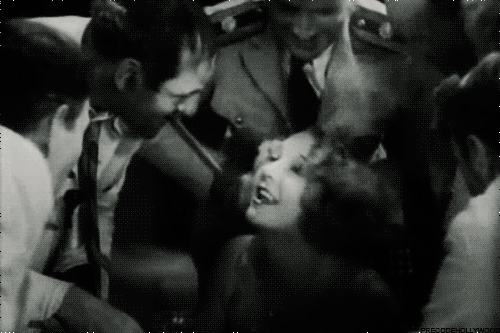


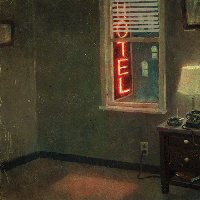
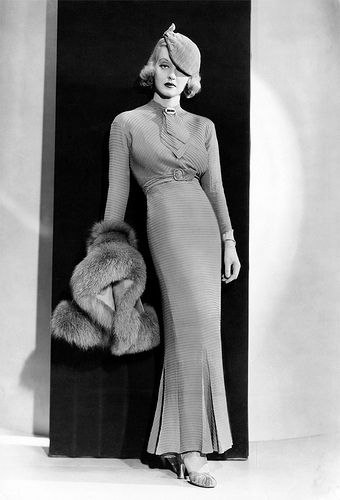



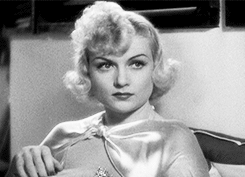
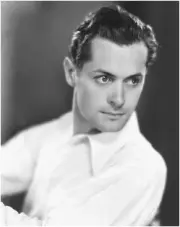
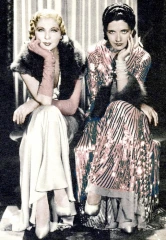

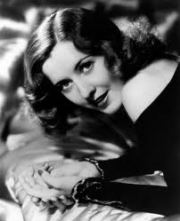



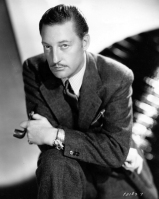




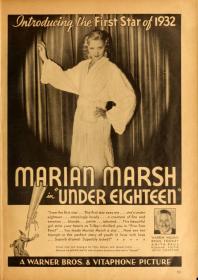
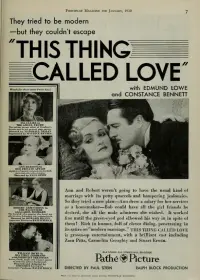

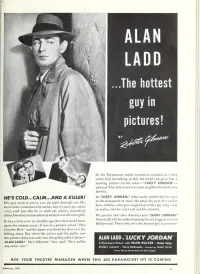
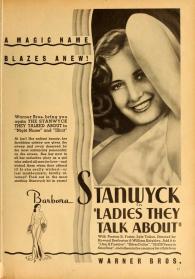

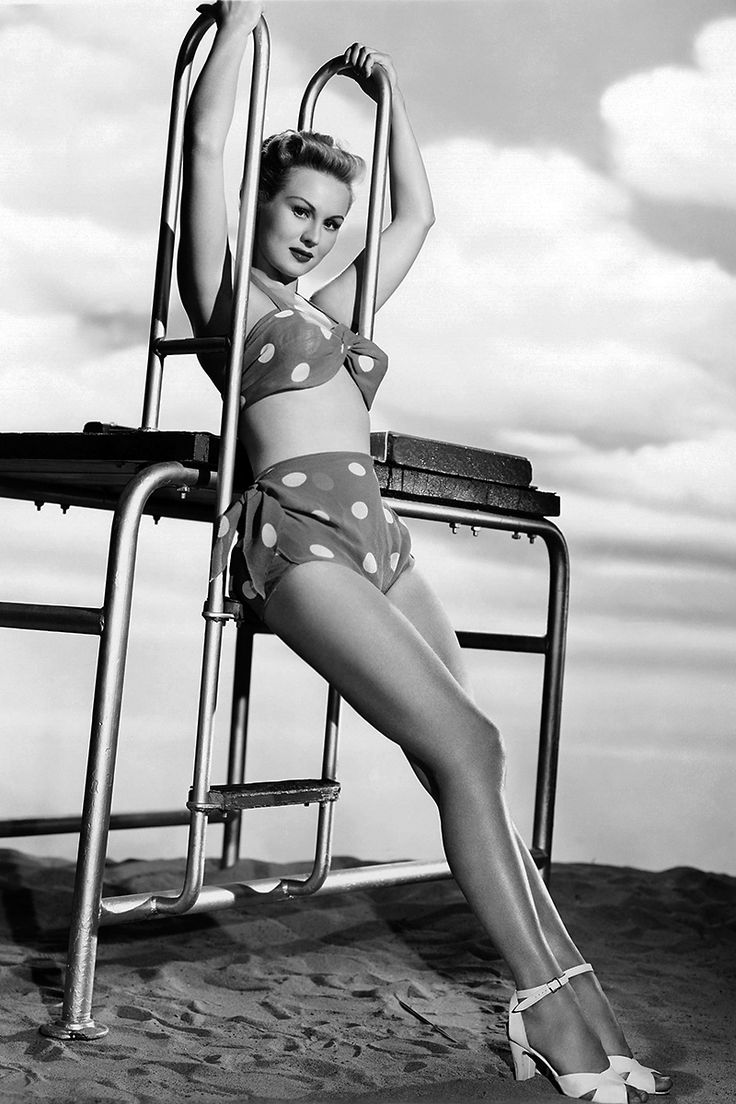



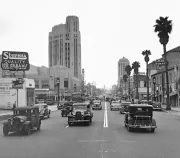



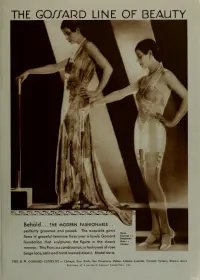

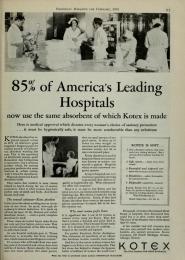

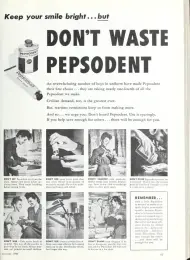


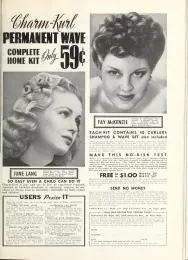





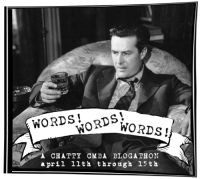

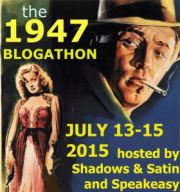
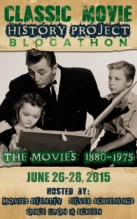
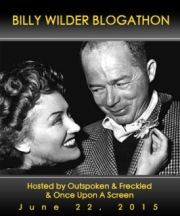


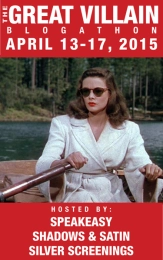


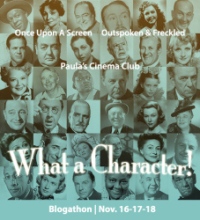
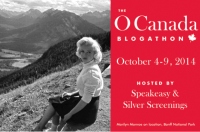


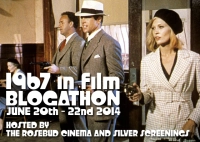


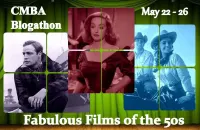
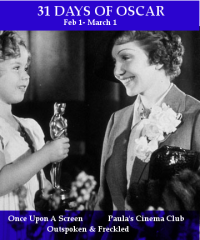
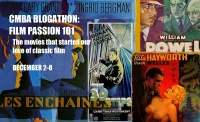







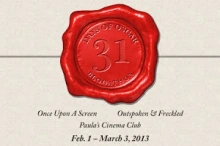

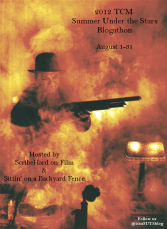


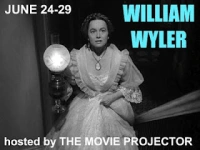





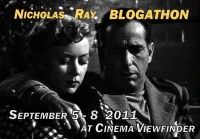

Terrific review! One of Linda’s best roles. Poor Alice Faye, she made such a mistake appearing in this film.
Thank you, Vienna! And I totally agree about Alice Faye. Yikes.
Great piece, Karen. Linda is the beating heart of this film and she’s missed when she leaves the screen. She owns every second she’s on screen for.
Thank you, Maddy — you are so right about Linda being the beating heart of this film. I can’t imagine what this role was like before she got ahold of it, but I sure am glad that Zanuck knew what he had and expanded her part!
[…] Karen at Shadows and Satin gives a glowing review of one of Linda Darnell’s darkest noirs, Fallen Angel (1945). […]
I absolutely love your review, Karen! You do a fantastic job of dissecting Linda Darnell’s character and put into words exactly why I admire her performance so much. Thank you so much for participating in the blogathon and for doing justice to such a great lady!
Thank you so much for hosting a Linda Darnell blogathon, Samantha!
Darnell is criminally under-appreciated imho. I recently saw HOTEL FOR WOMEN on YT and was blown away by how her performance — what a natural!
Excellent review as mentioned by Vienna… great!! Thanks for your insight!
Thank you so much! I appreciate you!
Oh I was so hoping that you’d love this one, Karen. Nonetheless, thank you for writing about it so earnestly and for highlighting the character of Stella in such beautiful detail.
Linda’s portrayal of Stella had such an impact on me. She’s truly tough as nails; a description often used for ladies like Barbara Stanwyck and Bette Davis. Stella is on a completely different level from the characters these ladies portrayed. She’s one of the most passive, coldest femme fatales out there.
It was her beauty that captivated Stella’s numerous suitors, with each one thinking that they had earned a claim on her. How sad that they were blinded by their own desires and not concerned enough – or even at all – with changing her miserly existence. Stella had it rough until the very end, poor girl.
I hope that you can revisit this film sometime down the road and see if your opinion on it has changed any. The cast is exemplary but unfortunately the entire project suffered as a result of Preminger’s lack of personal investment, very much how it was for DAISY KENYON.
I don’t dislike Fallen Angel, for sure — it’s really just that Linda Darnell was such an outstanding presence that she’s really the whole movie for me. Every line delivery, every look, and every reaction is on point! I love anything Dana Andrew is in, though, and this is actually my favorite Alice Faye performance, too. (Not that I’ve seen many, LOL.)
I haven’t seen Fallen Angel yet – I didn’t read the paragraph with spoilers, thanks for signaling! – and I’m glad to know it’s on YouTube. From the seven points you mentioned about Stella, I know I’ll like this no-nonsense femme fatale.
Cheers!
Le
You’re going to love it, Le!
“She’s a bombshell and she knows it. Like Crystal Allen in The Women, Stella has those eyes that run up and down a man like a searchlight…”
So much yes! I wonder what would’ve happened to Stella if she’d landed at a perfume counter in an upscale department store instead of a down-at-the-heels hash house…
Darnell gave great hard boiled dame, and I wish she’d played forty more roles like this one, as long as she got to survive until the end of the picture. You’re so right about it being hard to care once she’s gone, Karen.
Thanks, Maudie — it’s funny, but sometimes I’ll watch this movie right up until Darnell disappears, and then I find something else I need to do!
Yes Darnell did hardboiled so well and she’s riveting here. Loved learning about Marty Holland, that was a golden era for adapting juicy material, especially for women.
You are so right — she was a hardboiled master! She was born to do this kind of part.
Thanks for the YouTube tip! I’ve not seen this film, but I know it could be a new fave. I haven’t seen many Linda Darnell films, but I always find her credible.
Hope you like it, Ruth — I know you’ll like Linda, if nothing else!
Hi Karen. I’ve nominated you for the Sunshine Blogger Award. If you would like to take part you can find the rules and my questions in my post. Maddy
Thank you, Maddy! I appreciate you. I will get to this soon!
I’m glad this movie is on YouTube because it sounds really good, and it’s kinda cool Stella doesn’t have a last name. Like she’s MacGyver or something. 🙂